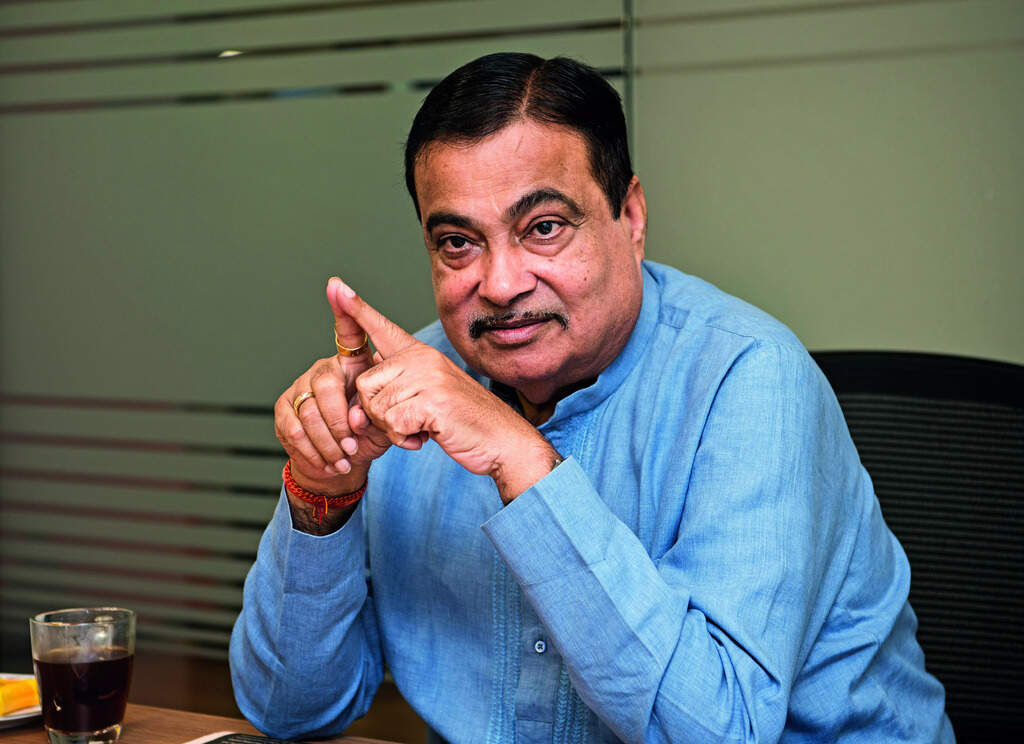Introduction to CAFÉ 3 Norms and Their Implications
The Indian government is currently working on revising the Corporate Average Fuel Efficiency (CAFÉ) norms, specifically the third edition, to create a more balanced regulatory framework. This initiative aims to encourage the adoption of flex fuel and electric vehicles, according to Nitin Gadkari, the Minister for Road, Transport & Highways. The move is expected to help reduce crude oil imports and vehicular emissions, which are major concerns for the country.
Previously, the CAFÉ norms were heavily focused on promoting electric vehicles. However, the upcoming CAFÉ 3 norms will take into account the contributions of both flex fuel and battery technologies. Flex fuel refers to blends such as ethanol and petrol, offering an alternative to traditional fuels. By incorporating these options, the new regulations aim to provide a more inclusive approach to reducing emissions and improving fuel efficiency.
Key Developments in CAFÉ 3 Norms
A high-level meeting was recently held involving top officials from the Ministry of Road Transport and Highways, the Ministry of Power, and the Principal Scientific Adviser. This meeting aimed to finalize the details of the CAFÉ 3 norms. Earlier this month, the minister also called for consultations with industry stakeholders to gather insights and feedback on the proposed changes.
The CAFÉ 3 regulations are set to come into effect from April 2027. These norms establish fuel efficiency standards for car manufacturers with the goal of lowering fuel consumption and emissions. Importantly, these norms apply to a manufacturer’s entire model range, not just individual models. This means that all vehicles produced by a company must meet the required standards, ensuring a comprehensive approach to emission reduction.
Industry Response and Challenges
While the industry is divided over the proposal for differential treatment of big and small cars under the CAFÉ 3 norms, Gadkari emphasized that final decisions will be made in the interest of the country. He highlighted the need to consider factors such as pollution, cost, import, and benefits for agriculture.
Currently, small cars do not have a separate standard under the existing CAFÉ 2 norms, which are in force until March 2027. According to the current rules, the average emissions of all passenger vehicles weighing less than 3,500 kg — including CNG, hybrids, and electric vehicles — sold by each manufacturer should not exceed 113 grams of CO2 per kilometre.
Ethanol Blends and Future Prospects
Vehicles in the local market currently run on petrol with a blend of 20% ethanol. While ethanol-blended fuel helps in reducing crude oil consumption, experts note that the lower calorific value of ethanol increases fuel consumption and, consequently, emissions.
In response to these challenges, trials are being conducted in the Ministry of Petroleum and Natural Gas on Russian technology that can raise the calorific value of ethanol to match that of petrol. This could eventually make 100% ethanol viable in the country, offering a sustainable alternative to traditional fuels.
Preparing for Stricter Emission Norms
Gadkari mentioned that there has been resistance when India decided to jump from BS-IV to BS-VI in 2020. He stated that India’s emission norms are comparable to global standards. Now, there is talk of Euro VII, and the government is preparing for it.
Addressing End-of-Life Vehicles in NCR
Commenting on the ban on end-of-life vehicles in the National Capital Region (NCR), Gadkari suggested that the issue should be addressed by taking a studied legal position. He also noted that converting a petrol or diesel vehicle into CNG makes economic sense.
He further explained that the Delhi government has the authority to make laws regarding the petrol-diesel vehicle ban and can take measures to address concerns about the legality of the move while keeping public health in mind.
Petrol vehicles older than 15 years and diesel vehicles older than 10 years are not allowed in the NCR, as per the National Green Tribunal order upheld by the Supreme Court.







